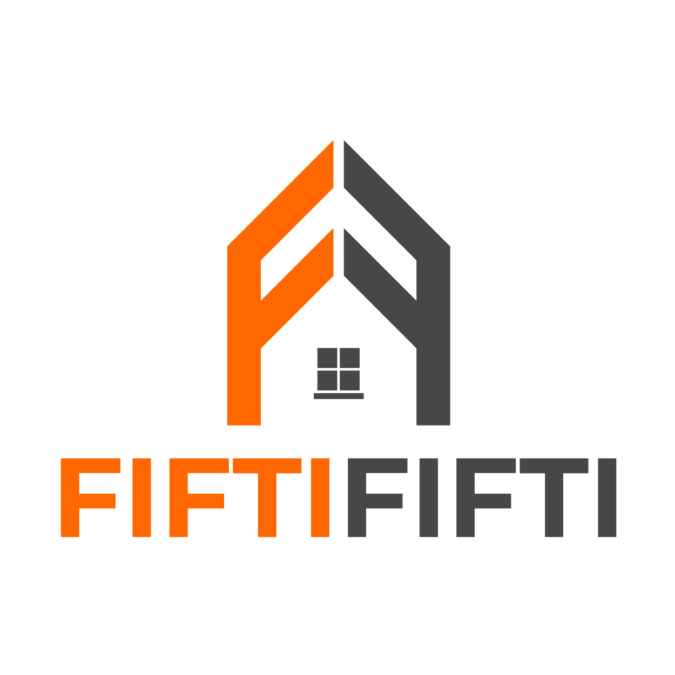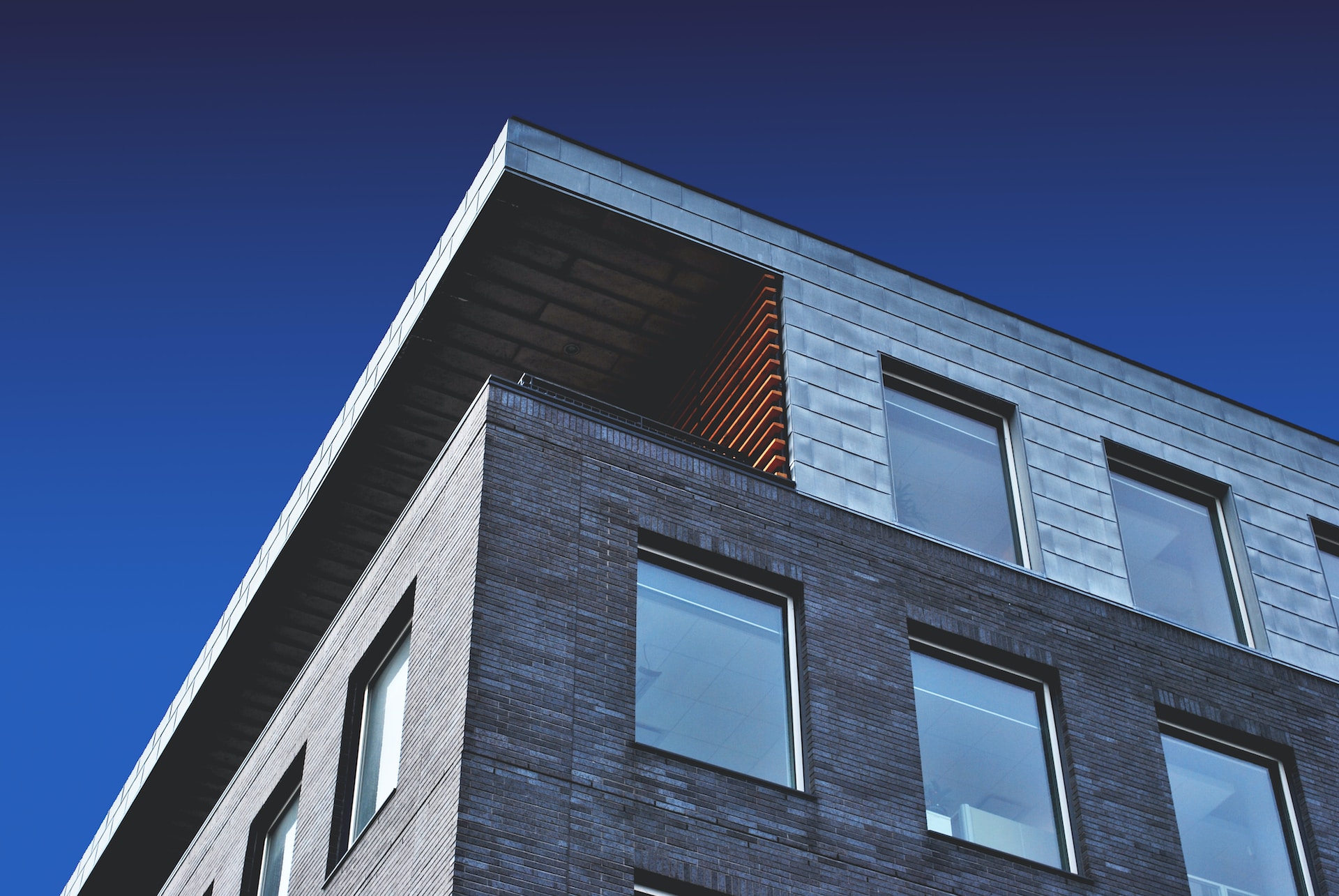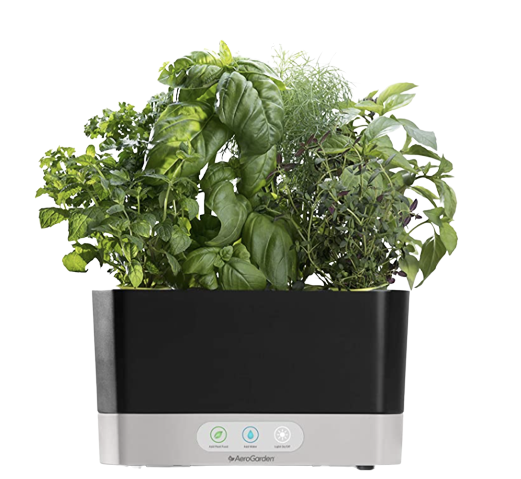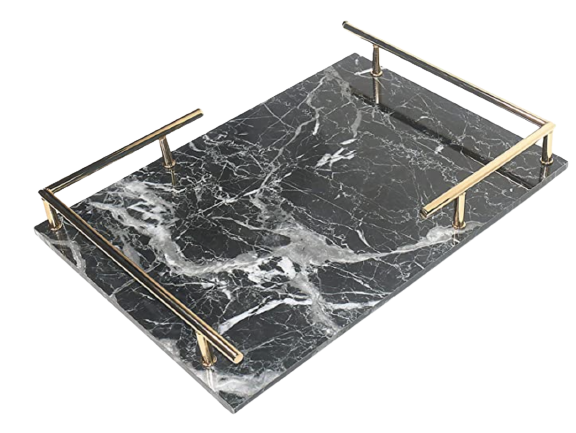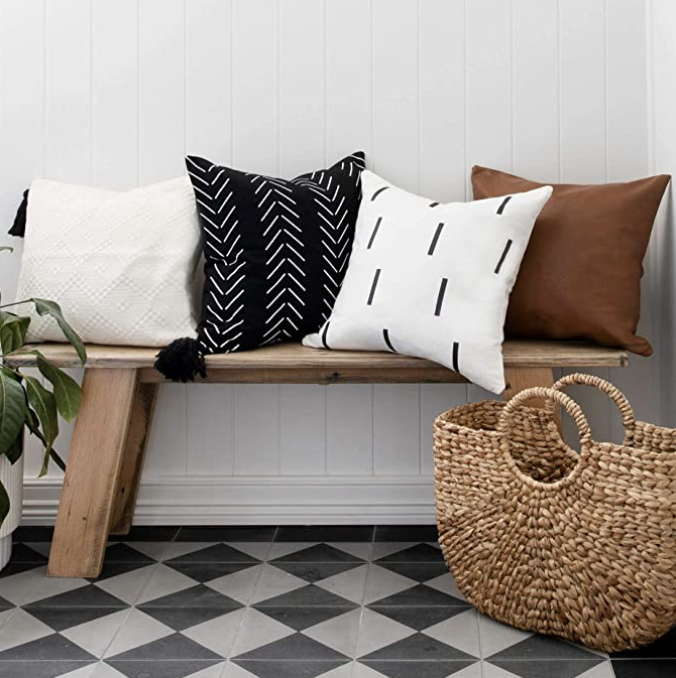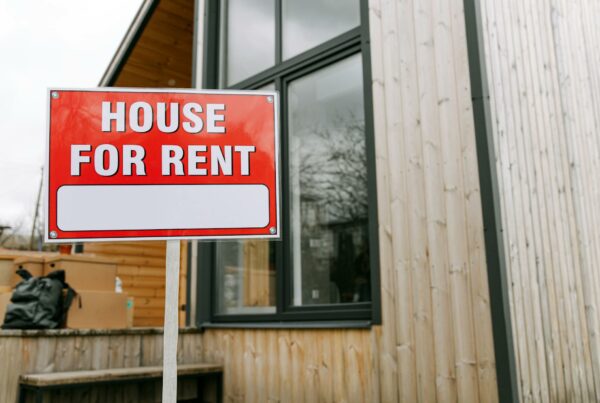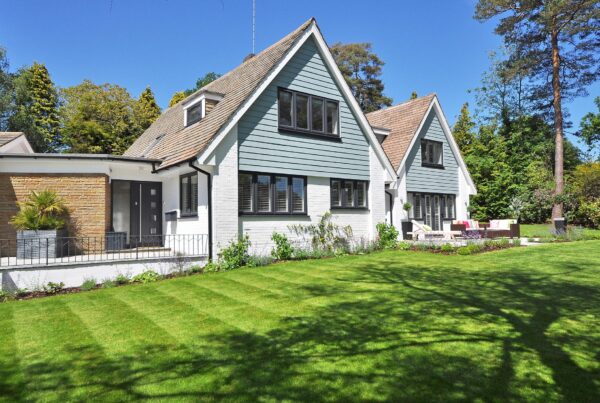Last Updated on December 22, 2023
Modular homes, known for their innovative construction and design, are gaining widespread popularity. Their unique approach to building offers a refreshing alternative in the housing market. Customization is at the forefront of this trend, where personal preferences shape each home. These homes offer a canvas for homeowners to tailor spaces according to their specific lifestyle needs.
The Concept Of Modular Homes
Modular homes are distinct constructions created by modular homes builders. They are factory-built houses assembled on-site, offering a fresh approach to home construction. These homes are crafted in controlled environments, which ensures uniform quality across units. They are then transported to their designated locations for final assembly. This method allows for meticulous engineering and design, resulting in a superior finish.
The benefits of modular homes are significant. They are cost-effective due to streamlined production processes. Efficiency is another hallmark, as construction time is reduced compared to traditional building methods. Additionally, these homes often come with energy-efficient features, making them a sustainable choice for homeowners.
Customization Options In Modular Homes
Modular homes offer a realm of customization options to suit varying preferences. They represent a fusion of innovation and personalization in homebuilding.
1. Layout Changes
Layout changes in modular homes allow for personalized floor plans. Homeowners can tailor spaces to their lifestyles. They can merge living areas for an open-plan design or segment spaces for privacy. Options include adding extra bedrooms, enlarging kitchens, or creating home offices.
2. Material Choices
In modular homes, material choices allow homeowners to tailor their living spaces precisely. For instance, eco-friendly materials like bamboo flooring or recycled glass countertops contribute to sustainability, while luxury finishes like granite or hardwood can enhance elegance and durability. Exterior material options, such as brick, wood siding, or modern composites, can dramatically alter the home’s appearance and maintenance needs.
3. Energy-Efficient Features
Energy-efficient features in modular homes are key to both sustainability and long-term cost savings. These homes often include solar panels, reducing reliance on traditional energy sources and lowering electricity bills. Energy-efficient windows help maintain indoor temperature, reducing heating and cooling costs. Advanced insulation techniques are also employed, ensuring minimal energy loss.
4. Interior Design Flexibility
Interior design flexibility in modular homes allows homeowners to tailor their living spaces to their exact preferences. This includes choices in cabinetry, offering a range of styles from classic to modern, as well as flooring options like hardwood, tiles, or carpet. Wall finishes can vary from paint colors to textured wallpapers, enabling a unique ambiance in each room.
5. Technology Integration
In modular homes, technology integration offers a blend of convenience and modern living. Smart home systems are a key feature, allowing homeowners to control lighting, heating, and security remotely. This not only enhances comfort but also improves energy efficiency. Advanced appliances, integrated seamlessly, contribute to a streamlined and functional living space.
6. Exterior Customization
Exterior customization in modular homes allows for a range of personal touches. You can choose from a variety of roofing styles, like classic shingles or modern metal roofs. Porch designs can vary from wraparound verandas to sleek, minimalistic entryways.
Landscaping plays a crucial role, too; you can design garden spaces that complement the home’s architecture. Even the color and material of the exterior walls offer choices, from traditional brick to contemporary siding.
This flexibility in design and construction makes modular homes a compelling choice for today’s diverse housing needs. They cater not just to current trends but also adapt to future changes, making them a smart investment for homeowners.
Meeting Diverse Lifestyle Needs
Modular homes cater exceptionally to various lifestyles, embodying versatility and adaptability. For families, they offer designs that cater to both privacy and communal living, including options for larger kitchens and play areas. Singles might prefer more open, airy layouts with modern, minimalistic designs, emphasizing personal style and functionality. For the elderly, these homes can incorporate safety features like no-step entries, wider hallways, and accessible bathrooms.
As life evolves, modular homes can adapt to these changes. They allow for easy expansions or modifications, accommodating new family members or changing mobility needs. This flexibility ensures that a modular home can evolve with its residents, maintaining comfort and practicality throughout various life stages.
Challenges And Solutions In Customization
Customizing modular homes offers unique benefits and some challenges. Each challenge, however, comes with its own set of solutions.
- Limited Design Choices
While modular homes offer customization, choices can be restricted by manufacturer options. Work with builders that offer a wide range of customization options or consider hybrid models combining modular and traditional elements.
- Zoning And Permit Issues
Some areas have strict zoning laws that may limit modular home designs. Research local regulations thoroughly and work with knowledgeable builders to ensure compliance.
- Potential For Higher Costs
Customization can lead to increased costs. Plan and budget carefully, prioritizing essential features to balance customization with affordability.
- Transportation Limitations
The size and design of modular homes can be constrained by transportation logistics. Collaborate with builders to design a home that maximizes space within transportation limits.
Despite these challenges, the customization of modular homes remains a viable and rewarding option. With careful planning and the right partnerships, these challenges can be effectively managed, leading to a home that truly reflects personal style and needs.
Conclusion
Modular homes offer a unique blend of customization and adaptability, catering to a range of personal preferences and lifestyles. They provide a platform for creating tailored living spaces that resonate with individual needs.
Embracing modular homes means embracing versatility and innovation in home design. These homes are a testament to the evolving nature of housing, reflecting the diverse needs of today’s homeowners.
